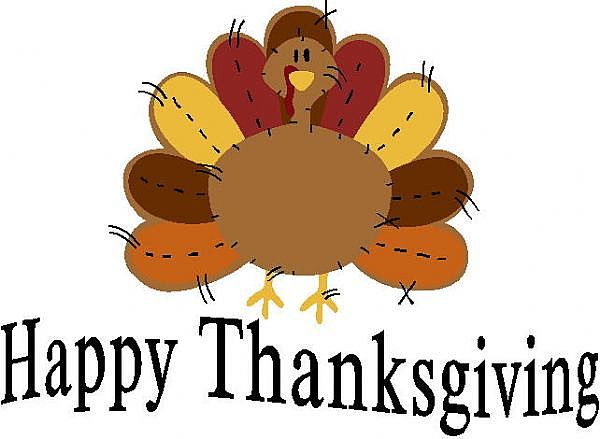This weekend, many of us will be enjoying delicious Thanksgiving feasts with our friends and families. And while it can be tempting to share some of our tasty treats with our beloved pets, many of these indulgences are not so safe for our furry friends.
Turkey Bones pose a major threat to our pets. These thin bones have a tendency to splinter and break when chewed. If swallowed, sharp bones can puncture or scrape the gastrointestinal tract; intestinal perforation, diarrhea or even blockage may be the result.
If your pet has managed to gobble up some turkey bones, monitor for:
-vomiting
-diarrhea
-lethargy
-tender abdomen
-seems restless/uncomfortable
Treatment for ingestion of turkey bones can vary. X-rays will likely be needed to determine where in the intestinal tract the bones are. Surgical intervention to remove the bones may be required if the pet is not able to safely pass them on their own.
Rising Bread Dough if ingested can be life threatening to our pets. The animal’s body heat can cause the dough to rise in the stomach. Ethanol is produced during the rising process and the dough may expand several times its original size.
Signs your pet has ingested rising bread dough:
-severe abdominal pain
-bloating
-vomiting
-incoordination
-depression
Treatment may include inducing vomiting, pain medication for the distended abdomen, feeding cool water to halt the rising process either by mouth or through a feeding tube. More severe cases may require surgery to remove the dough
Onions whether raw, cooked or powdered cause red blood cells to break down when ingested by our pets. Cats are especially sensitive to onion toxicity. Pets that chronically ingest small amounts of onions are at risk for developing chronic anemia. And similarly, pets that ingest a large amount in a short period of time are also at risk for anemia.
Signs of onion toxicity:
-vomiting
-hemoglobinuria (brown urine)
-symptoms consistent with anemia such as weakness, lethargy and pale gums
Treatment includes inducing vomiting and administering activated charcoal. In more severe cases of anemia may require a blood transfusion.
Many of the rich, fatty and savory foods we enjoy during the holidays can wreak havoc on our pet’s digestive tracts. Vomiting, diarrhea or pancreatitis (inflammation of the pancreas) can often be the result. So while offering a small taste of your Thanksgiving meal to Fluffy may seem like a nice gesture, many of our holiday feast items are not safe. Be sure your pet keeps their paws off your holiday meal!
All of us at Amherst Veterinary Hospital wish you and your pets a safe and happy holiday weekend!

